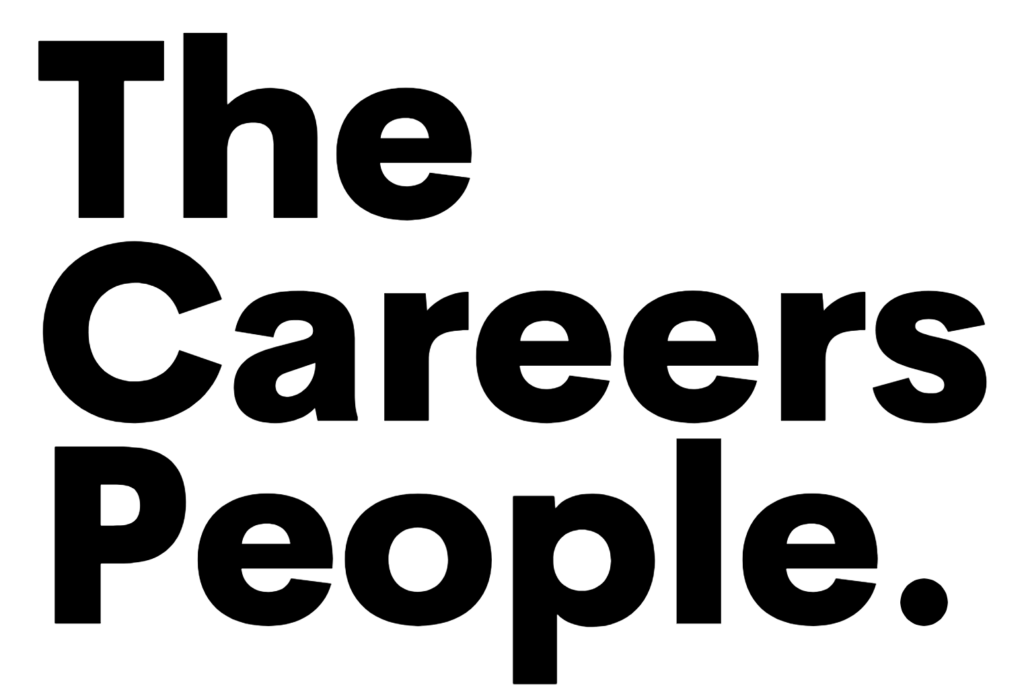Our data shows us that concerns about studying the ‘wrong’ subject at university is causing significant anxiety among applicants. Applicants are particularly worried that this will affect their job prospects.
So, why is that a myth?
For some careers, subject is really important; so this isn’t entirely a myth. However, studying any degree will help you develop a range of transferrable skills that are really important to employers, and there are plenty of careers out there where the specific subject you studied isn’t important.
Reason 1: Subject choice matters in some industries more than others
Evidence:
52%
of employers say that the subject a graduate studied is important to them when recruiting.
(Source: CBI Economics, 2024)
Reason 2: You might be surprised where different subjects can take you. Most subjects can transfer into multiple different careers.
Evidence:
Most graduates feel they use the skills acquired during their degree in their post-graduation activities, regardless of what they studied:
69%
Of graduates agreed or strongly agreed that they are using what they learned during their studies in their current activity. (Source: Graduate Outcomes for 21/22 graduates).
Many graduate employers are also looking for transferrable skills, not necessarily just subject-specific academic knowledge when hiring:
68%
Of employers said a graduate’s transferrable skills – for example communication – were important.
42%
Of employers said a graduate’s vocational or industry experience were important.
Reason 3: You can change your mind if you don’t like your initial choice
Whether it’s deciding halfway through that a course isn’t for you, or even deciding to take a slightly different path post-graduation – many students will change their mind about the subject they chose. This isn’t something to worry about; you are not locked in from the moment you make your initial choice. There are several options and ways to change tack:
- Change subjects: Most universities will have support in place to help you change courses should you decide your initial choice isn’t working out.
- Conversion courses: There are multiple options to take a conversion course into a different kind of career post-graduation. For example, you can take Law conversion courses after completing a degree in any subject.
- Take your time: University isn’t something that needs to happen at age 18. There are plenty of options for taking a little longer to make a decision. Students can:
- Defer: take a gap year
- Become a mature student: you can become a student at any age – many university attendees have several years in employment before entering higher education.
Reason 4: The only ‘right’ choice is the one that’s right for you
Evidence:
Regardless of the subject they studied, the majority of graduates go into jobs that they find meaningful.
84%
Of those who graduated in 2022 agreed or strongly agreed that their current activity (eg work) was meaningful to them. (Source: CBI Economics, 2024)..






